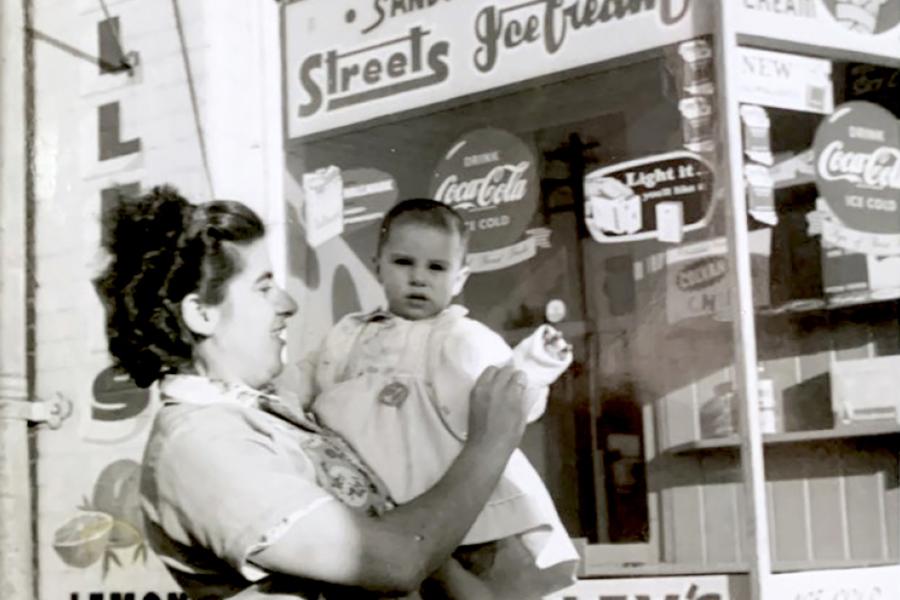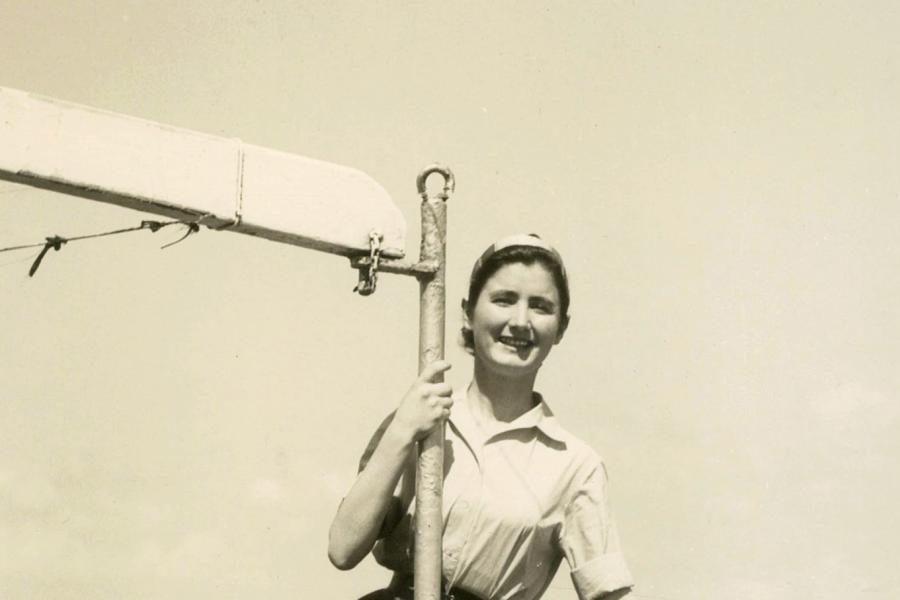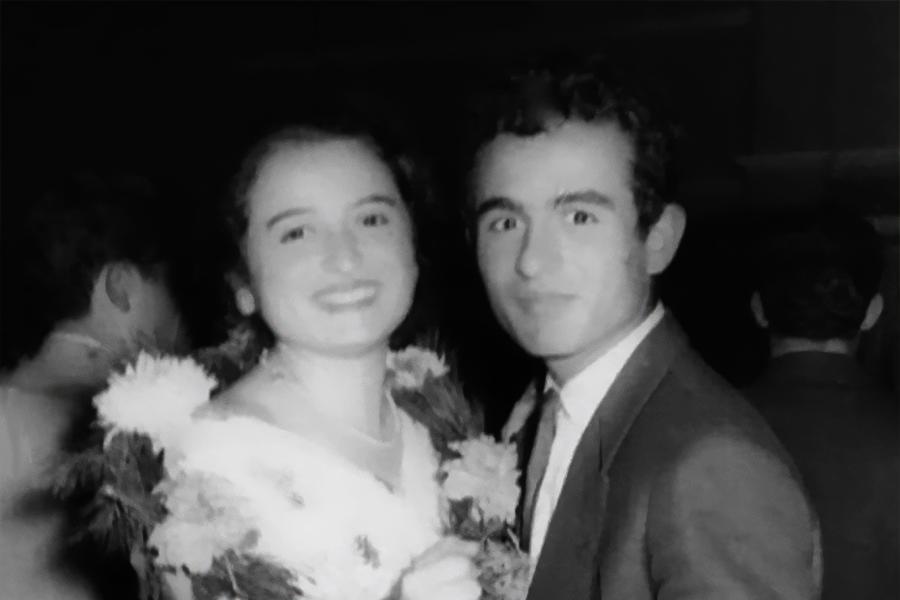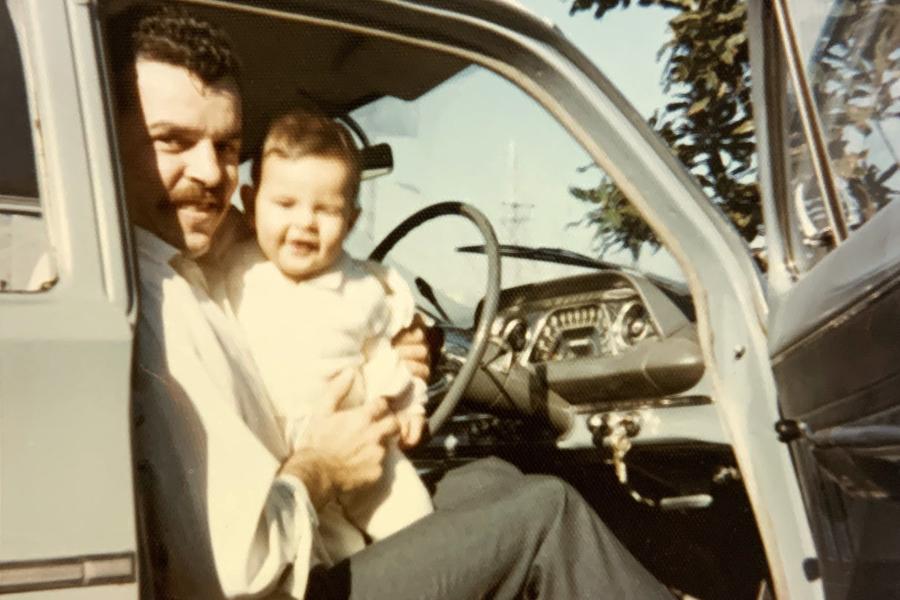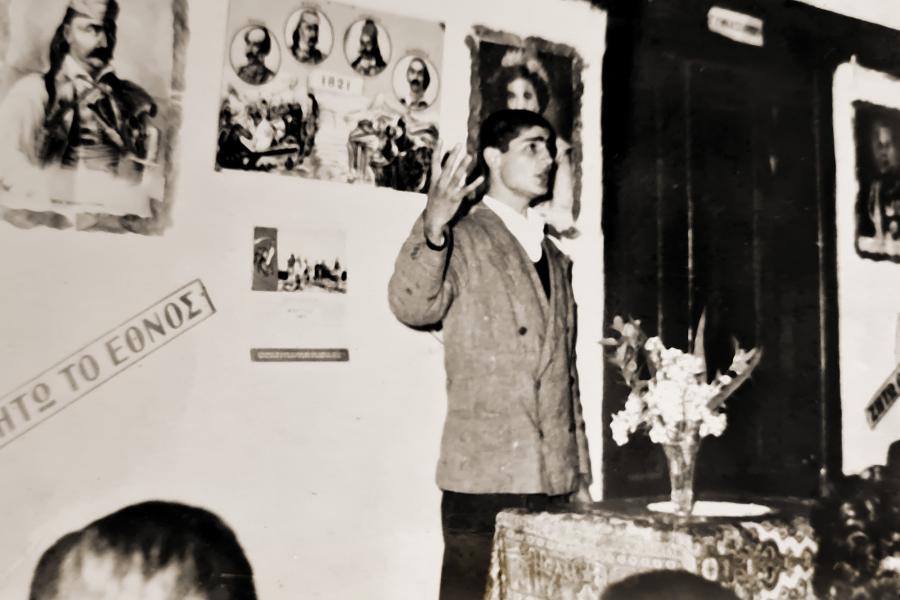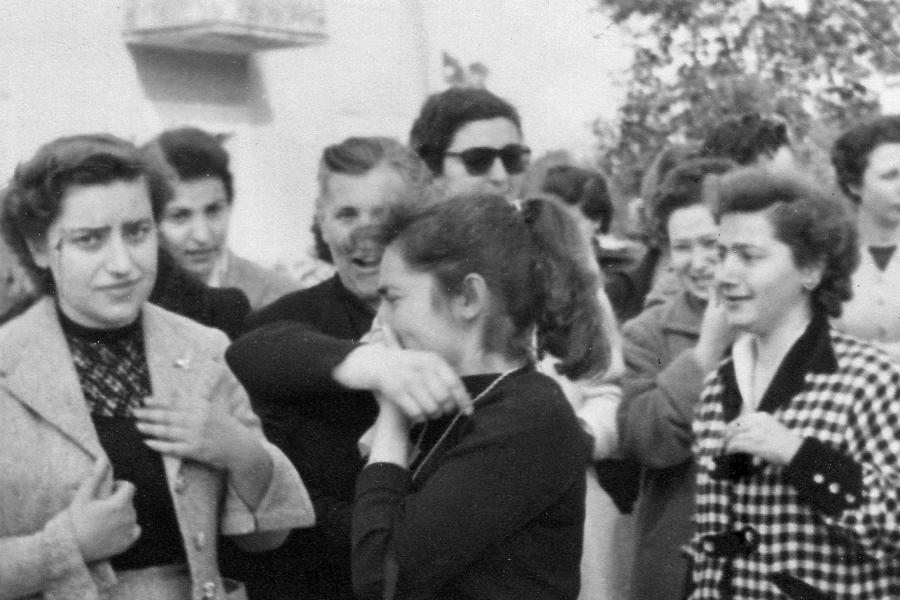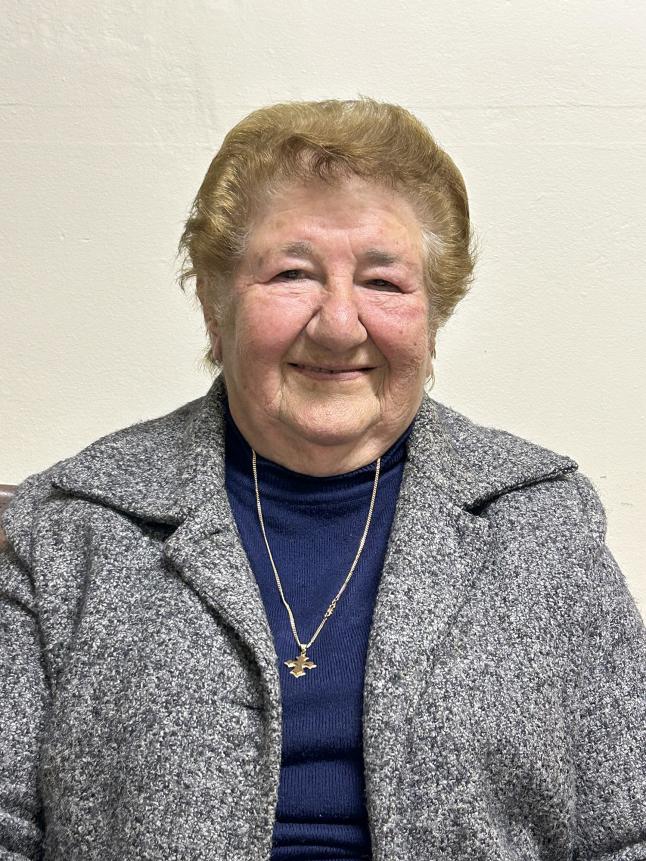

Speaker background
Evangelia was born in a remote mountain village in Epirus’ Souli region. She worked on the family farm until 1962, when she migrated to Australia. Her fiancé Evangelos followed a year later, and the couple lived in shared housing. After working in several factories, in 1968 Evangelia and her husband purchased a takeaway food business, which they sold in 1974 after winning a lottery. The family stayed in Bexley, and Evangelia worked happily for the State Rail Authority until her retirement.
Interview summary
Evangelia describes the migration of her siblings, her long flight to Australia and the various houses that she shared with other Greeks. She recalls her workplace experiences, the racism she experienced in factories and a trip back to Greece that confirmed in her mind the extent to which Australia had become her home. The interview also describes the central role of the Epirus brotherhood in her family’s social life.
Interview highlights
highlight
Evangelia discusses her impressions going back to Greece.
Evangelia: In 1976 we went to Greece, for the first time since 1962. In ’76 with three children [we went] to Greece.
Interviewer: What was your impression?
Evangelia: I did not like it. At all. I did not like it in Greece.
Interviewer: Tell us why. What didn’t you like?
Evangelia: The system. I did not like the system at all. I didn’t like it. I wanted to take the children and leave. I had become used to this place [Australia]. The children were at school. They were small. […] They did not have a future over there.
Timecode 27:26 - 28:13
highlight
Evangelia describes her first job making thongs and the abuse she incurred from her first employer.
Evangelia: When I came, finding work was difficult. Even though they were bringing us migrants, we were not finding jobs. For two months, my brother and sister had to feed me. […] We had someone from my village who knew a bit of English. When he had time off, he’d take me around to all the factories in Alexandria, going round and round. And the only words I knew were [in English] ‘Is there any job for me? […] If he said ‘no,’ we’d leave. We’d go to the next door.
[…]
‘Tomorrow, you start work at 7,’ I was told. Well, [the next day] I started out on foot, walked half an hour, found the door, and walked in. She [the employer] then made me work on a conveyer belt that moved thongs, which I was meant to straighten out. […] As I was working my hand got caught in the belt [laughs]. I started to cry. I was called ‘stupid,’ ‘bloody wog,’ she said. But I had no idea what she was saying.
Timecode 15:01 - 16:54
